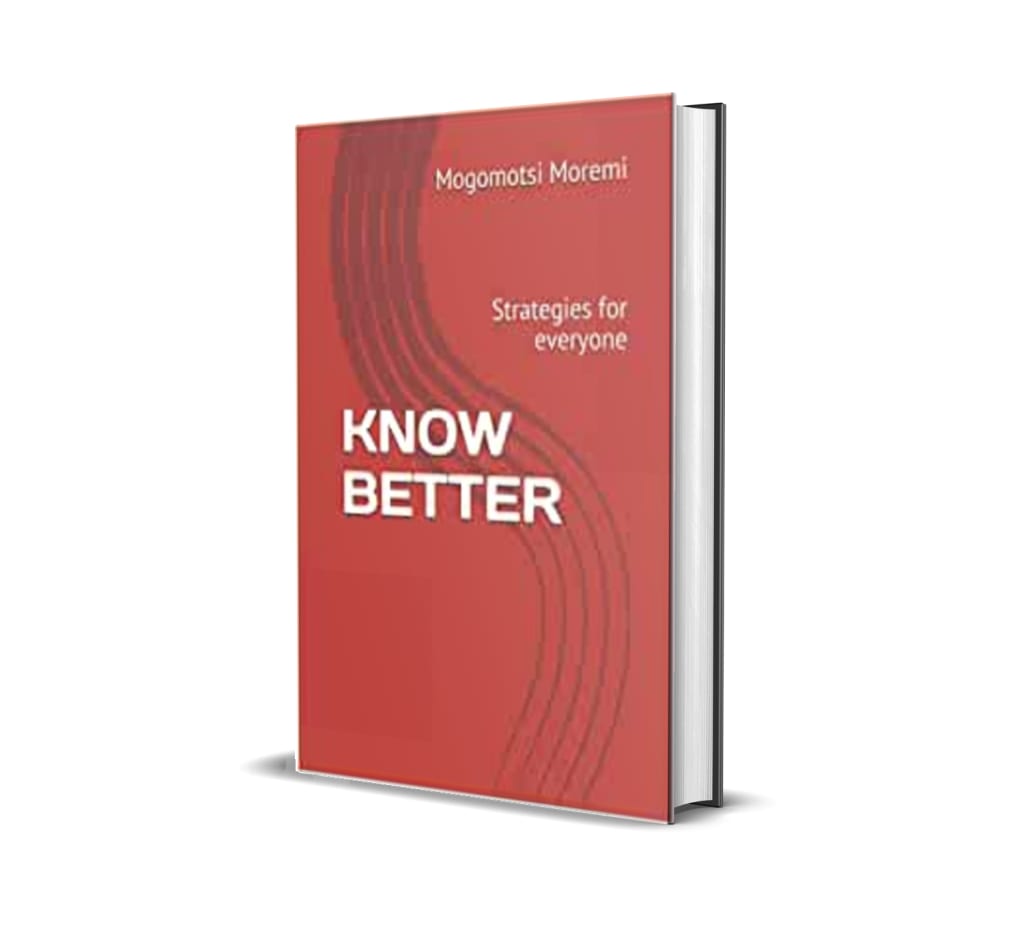BEST FINANCIAL BOOKS
THE ROAD TO FINANCIAL FREEDOM

Introduction
In this post, we'll talk about the books we think are worth reading. You might be wondering why you should read these books and not others. Don't worry, we'll answer that question at the end of the blog post. Here are some of our favorite finance books:
Rich Dad Poor Dad
Rich Dad Poor Dad, by Robert Kiyosaki, is a personal finance book that will teach you how to become wealthy. In this book, you'll learn about the different ways rich people think about money and manage it differently than poor people do. You'll also find out how they invest their money differently than everyone else too.
The Intelligent Investor
If you have a business degree and want to turn your expertise into millions of dollars, this is the best book for you. The Intelligent Investor was first published in 1949, but its wisdom and timeless principles are still relevant today. It’s considered one of the most important investment books ever written—and it has been revised many times since then!
The book’s author, Benjamin Graham, was Warren Buffett’s professor at Columbia University. He taught Buffett how to analyze stocks using fundamental analysis (looking at earnings and dividends) instead of technical analysis (looking at things like price charts).
Graham emphasizes that investing shouldn’t be about trying to beat the market or make quick returns; it should be about buying liquid assets that generate cash flow while minimizing risk over time. He also talks about things like margin debt on stock markets, which carries great risk if you don't know what you're doing with it!
Think and Grow Rich
Think and Grow Rich is a self-help book written by Napoleon Hill, first published in 1937. The book was the result of more than twenty years of research conducted by Hill; it combines ideas from various sources (including Andrew Carnegie, P.T. Barnum, Henry Ford, and Thomas Edison) with anecdotes from his own life to help people achieve financial success in their business.
The book is organized into 17 chapters that cover topics such as desire, faith, and persistence, decision making, autosuggestion (the subconscious mind), the six steps to riches – the desire for wealth over poverty; faith in one’s abilities; decision making based on careful analysis; persistence despite obstacles or adversity; self-discipline through knowledge/understanding/experience/attitude/action (KFAQ); positive mental attitude (PMA); the power of suggestion; the subconscious mind
How to Make Money in Stocks
Here's what you need to know about stocks: They're pieces of paper that represent ownership in a company. When you buy stock, you are buying a piece of the business—you own that little chunk of it. You can then hold onto your shares and collect dividends (the money the company pays out to its shareholders). Or you can sell them at any time, or even trade them again and again while they're in your possession. Either way, owning stock lets you share in the profits made by companies when they do well—and when they don't do so well either!
The best part about stocks is not just that they make money for investors but also how easy it is to learn how to invest in them and make smart decisions about which ones belong in your portfolio. One great book for beginners who want more info about investing their hard-earned cash wisely is How To Make Money In Stocks by William O'Neil (also known as “Mr. Market”).
The Total Money Makeover
If you want to get a total money makeover, you need to give up on the idea that it's possible for a regular person like you to earn millions of dollars and save hundreds of thousands of dollars without working long hours. You might be thinking, "I'm not going to get wealthy from working at my 9-5 job." That's fine! Not everyone is destined for wealth (but if you're reading this post, chances are that you have some financial ambitions). In fact, it's more than likely that your current income will be enough for you as long as you put in the effort.
The good news is that by following Dave Ramsey's advice in The Total Money Makeover—and by encouraging other people in your life who could benefit from his wisdom—you can live within your means and still accomplish all those goals which we all wish: buying homes; paying off student loans; saving for retirement; buying fancy cars or boats or vacations or whatever else appeals to our individual preferences.
The Millionaire Next Door
In this book, Dr. Stanley and Dr. Danko use real-life examples from their research to show that the average American millionaire is not what you think. They'll also tell you how to become a millionaire yourself by following their proven strategies—and it won't cost a lot of money!
Outliers
Think of this book as a guide to the 10,000-hour rule. It's all about how success is not just about talent—it's also about being in the right place at the right time.
The book also explains that success doesn't come to you; you have to go out and get it yourself.
Finally, Outliers explores what it means to be an "outlier"—someone who stands out from their peers—and shows us how we can all become outliers no matter where we start from.
Freakonomics
With a title like Freakonomics, you might expect this book to be about how the world works. But that's not quite right! The subtitle of this best-selling book is "A Rogue Economist Explores the Hidden Side of Everything." Instead of looking at regular economics, authors Steven Levitt and Stephen Dubner explore things like abortion and sumo wrestling through the lens of incentives and behavioral patterns.
This book is written in an engaging style that focuses on real-world research rather than abstract theories or mathematical models. While it may seem like this type of analysis would be boring, it's actually quite fun to read because it takes you out of your comfort zone and challenges your assumptions about how things work—or don't work! It's also a great read for anyone interested in economics because you'll learn how these concepts apply to every aspect of life (and death).
Learn about investing, wealth management, and how people get rich
You can learn a lot about investing, wealth management, and how people get rich by reading books. For example, one book is called "The Wealthy Barber" by David Chilton. The title of the book refers to a person who cuts hair as a side job or hobby.
Another book that might interest you is called "A Random Walk Down Wall Street" by Burton Malkiel. This title refers to walking down the street without any particular destination in mind and just taking random steps through life like someone might do if they were trying not to think about something unpleasant happening on their TV show every week while they're watching it with their family after dinner every night before bedtime because it's been so long since either one of them had anything good happen during their day except for maybe when they got some money back from that store where they bought some food items but then lost those same items because someone stole them while he was shopping around at Target or Walmart (which is why he wasn't able to afford everything else).
Conclusion
If you want to dig in and find out more about the books on this list, be sure to check out our other book lists or read through some of our reviews. We’re always looking for new ideas and information that can help us improve how we invest our money.
About the Creator
Mogomotsi Moremi
Author and Web developer
Telling stories, one word at a time. Bringing worlds to life through my books and articles. #WriterLife #NeverGiveUp






Comments
There are no comments for this story
Be the first to respond and start the conversation.